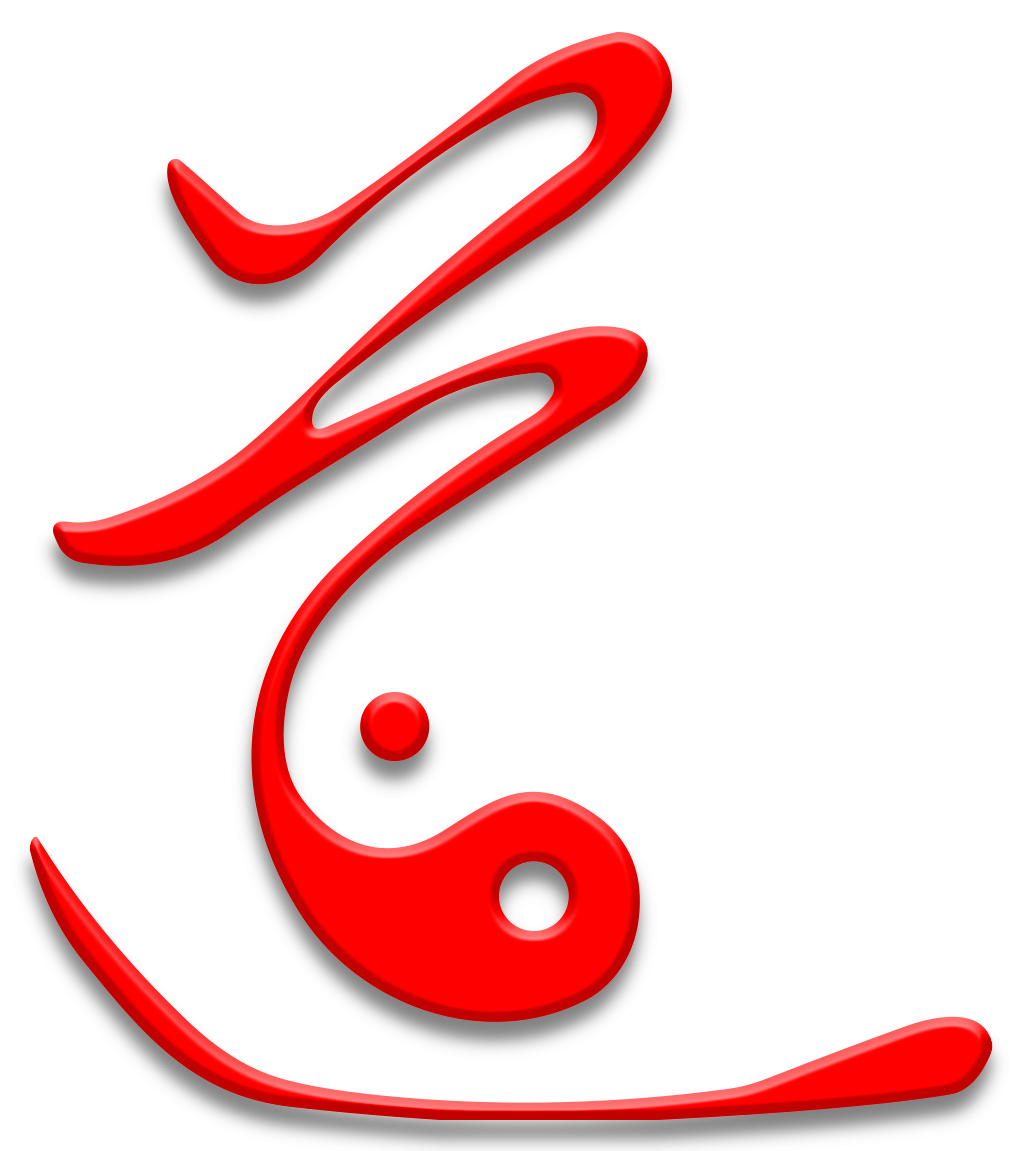openness, silence, space
Apr 1
/
Bernard Shannon
清静无为 qīngjìng wúwéi is a beautiful and refined idea of Daoist philosophy.
Purity and Stillness with Non-Action—is a four-character gem from Daoist philosophy, encapsulating a way of being that flows with the Dao, the natural order of all things.
• 清 (qīng): Purity or clarity—like a still pond, free of mud or ripples, reflecting truth without distortion.
• 静 (jìng): Stillness or tranquility—a quiet mind, unshaken by desires or chaos, rooted in presence.
• 无 (wú): Non or without—not absence, but freedom from contrivance.
• 为 (wéi): Action—here, the forced effort we often impose on life.
Together, it’s not about passivity but a dynamic harmony—acting without forcing, being without striving. It’s water carving a canyon not by pushing, but by flowing.
It’s not about doing nothing; it’s about doing what’s natural.
In Daoism
In ancient China, around 500 BCE, when Daoism emerged with thinkers like Laozi and Zhuangzi. 清静无为qīngjìng wúwéi isn’t just a phrase—it’s a state of being, tied to the Dao, the unnameable source of existence. 清静 qīngjìng —purity and stillness—describes a mind free of clutter, calm like a mirror. 无为 wúwéi —non-action—doesn’t mean inertia; it’s action without force, aligning with nature’s rhythm, what Daoists call 自然zìrán (being in accord with nature).
In the Dao De Jing, Laozi hints at this. Chapter 16 says, “Keeping emptiness as their limit and stillness as their center”, urging us to quiet the mind and let go of striving. Purity here isn’t moral—it’s clarity, untainted by desires or ego. This is a call to return to the Dao’s simplicity—emptying the mind of clutter to mirror nature’s effortless rhythm. Wúwéi complements this: non-action isn’t doing nothing—it’s doing what’s natural, like a tree growing without a plan. Zhuangzi adds flair with tales—like a swimmer navigating rapids effortlessly, not fighting the current. That’s 无为 wúwéi—skillful ease.
The 清静经 qīngjìng jīng (Scripture of Purity and Stillness), a later Daoist text from around the 8th century CE, deepens this, urges us to still the heart so the Dao shines through, unclouded by ego or ambition. It is a short but deep scripture, saying, “The human spirit loves purity, but the mind disturbs it.” It’s a call to still the chatter—thoughts, worries, plans—and return to the Dao’s simplicity. For Daoists, the world’s chaos comes from overdoing; 清静无为qīngjìng wúwéi is the antidote, a return to what’s innate.
In Chinese Medicine
清静无为qīngjìng wúwéi is woven through Chinese Medicine—health isn’t about fighting disease, it’s about restoring natural balance.
Non action 无为wúwéi guides lifestyle: don’t overtax the Kidney’s Jing with stress or force the Liver’s Qi with anger. It’s living with the seasons—rest in winter (Water), move in spring (Wood)—letting Qi flow naturally through meridians like the Du Mai (vitality) or Ren Mai (nurturing).
Purity and stillness 清静qīngjìng apply to the mind and spirit. The Heart in CM houses the 神shén (spirit), and a restless Shén—from stress or overthinking—disrupts qi. Think insomnia or anxiety: the mind won’t settle, and the body suffers. CM aims to calm the Shén, with herbs, acupuncture, qigong, or meditation—clearing mental noise for inner peace.
Non action 无为wúwéi guides lifestyle: don’t overtax the Kidney’s Jing with stress or force the Liver’s Qi with anger. It’s living with the seasons—rest in winter (Water), move in spring (Wood)—letting Qi flow naturally through meridians like the Du Mai (vitality) or Ren Mai (nurturing).
A Modern Echo
Today, it’s a counterpoint to our hustle. Science nods to it—meditation (Qīngjìng) reduces stress hormones; flow states (Wúwéi) boost efficiency without strain.
In daily life, we overcomplicate. Workaholism, multitasking—they’re anti-wúwéi. Burnout’s the proof: the body says stop, but we don’t listen. 清静无为qīngjìng wúwéi suggests simplicity: one task at a time, rest when needed. It’s not laziness—it’s efficiency through ease. Look at nature: a tree doesn’t rush to grow; it just does.
Practice
Neuroscience loves stillness. Meditation—pure *Qīngjìng*—quiets the default mode network, the brain’s chatterbox, reducing stress. Studies show it lowers cortisol, calms the amygdala—our fear center.
Qīngjìng Wúwéi—purity, stillness, non-action—is Daoism’s gift: a way to be without forcing, to live without fighting. Tt’s the path to the Dao—clear the mind, ease the heart; health through harmony, not struggle; a call to pause, breathe, flow.
Try it: sit, listen to your breath (as in our meditation)—no pushing, just noticing. That’s Qīngjìng Wúwéi—pure, still, effortless. It’s not a rule; it’s a rhythm, alive in the Dao’s quiet pulse.
Practically, this state is accessible. Five minutes of quiet breathing is Qīngjìng. Letting a problem sit instead of obsessing? That’s Wúwéi. It’s not about quitting life—it’s about living it lighter.
It’s radical in its simplicity: don’t force, don’t cling, just flow. Spiritually, it’s about shedding illusions to see the Dao in all things—a tree, a breath, a moment.
It’s radical in its simplicity: don’t force, don’t cling, just flow. Spiritually, it’s about shedding illusions to see the Dao in all things—a tree, a breath, a moment.
Qīngjìng Wúwéi—purity, stillness, non-action—is Daoism’s gift: a way to be without forcing, to live without fighting. Tt’s the path to the Dao—clear the mind, ease the heart; health through harmony, not struggle; a call to pause, breathe, flow.
